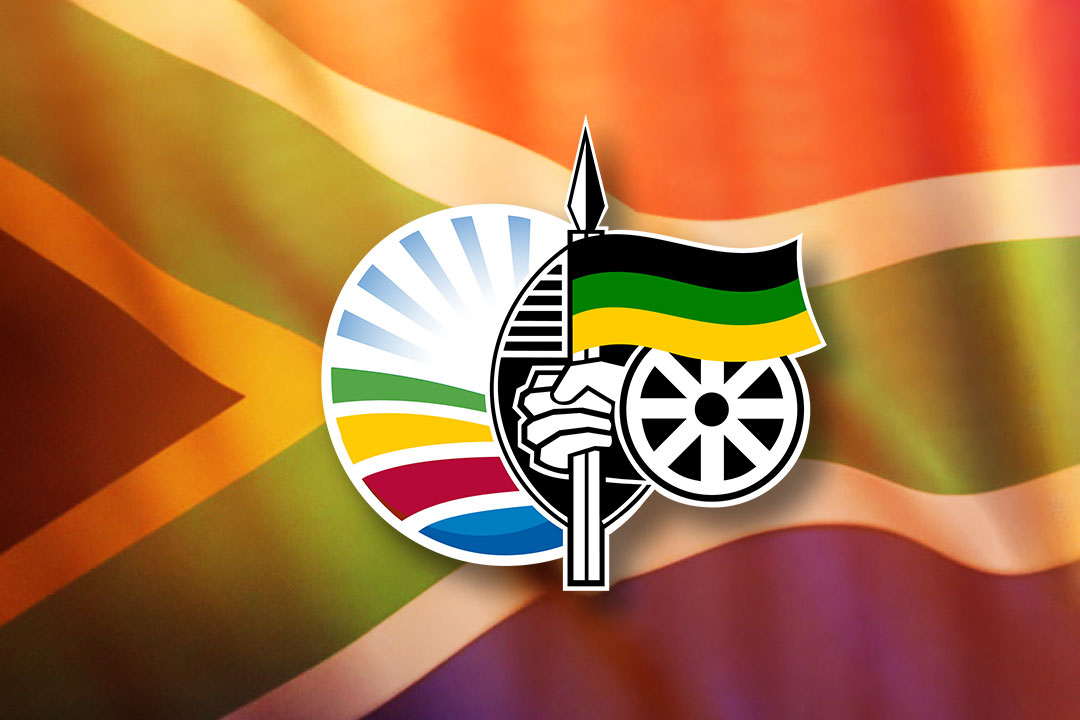Notice: unserialize(): Error at offset 49164 of 62410 bytes in /home/site/wwwroot/wp-content/themes/Extra/core/components/cache/File.php on line 79
In late May, the Auditor-General (AG) of South Africa identified coalition instability as having a concerning impact on financial governance, saying: “The instability in councils has also been a major feature in terms of the lack of capacity and lack of discipline to drive reliable reporting on financial management”. The AG’s statement came at a time when the absence of a set of mechanisms regulating coalition agreements in South Africa is under scrutiny ahead of next year’s national and provincial elections.
Across the world, the consideration of how to manage coalition governance straddles a complex set of administrative, legal and political questions. As part of our own reform process, it is vital that South Africa considers relevant lessons from the experiences of other countries where coalition governance is common.

Political coalitions are increasingly likely in South Africa. But legislated agreements are needed to make them work. Source: GGA
Factors which contribute to stable coalition government
Coalition governments exist in a variety of forms across the world. A key reason for this is that like South Africa, many of these countries have electoral systems where political parties gain representation in proportion with the votes they receive in elections. Over time, these electoral systems tend to produce “hung councils” or “hung parliaments” where no single party can command a sufficient majority to govern alone.
While it is true that the emphasis on cooperation present in the political culture of many countries’ coalition government experience is more conducive to coalitions than South Africa’s current political environment, we can still learn important lessons from these countries. The most relevant guidelines pertain to how these countries navigate the institutional and administrative aspects of coalition management.
Overall, the academic literature suggests there are four institutional factors which most commonly contribute to stable coalition governance:
- Extensive and transparent coalition agreements
- Mechanisms providing incentives to enforce coalition agreements
- Internal conflict management mechanisms
- Mechanisms to manage ministerial drift
The formalisation of coalition agreements is a common practice in countries which have effectively navigated the challenges posed by coalition governance. There are several reasons for this, including the fact that by spending time negotiating over myriad critical policy areas, parties are able to diminish some of the trust deficit which may exist between them. Publishing a coalition agreement also provides the public with an opportunity to hold parties to the terms of the agreement, with non-compliance carrying with it the threat of electoral consequences.
Admittedly, the presence of agreement on the terms of a coalition itself is not sufficient in ensuring that parties abide by the terms of an agreement. Coalition agreement on areas of policy does not imply a self-enforcing arrangement, necessitating the incorporation of specific mechanisms which provide incentives to enforce these agreements. Examples of these incentives include balancing the allocation process of ministerial positions and parliamentary committees (or the relevant equivalents at other levels of government) to ensure that no single party maintains complete dominance in a specific policy area.
There is some precedent for this sort of balancing at the national level in the South African context. During the early years of the Government of National Unity (GNU), the Mandela Administration sought to ensure a balance of power within cabinet. If, for instance, a specific ministerial position was allocated to the dominant African National Congress (ANC), then this was evened out with the presence of a deputy minister from the National Party (NP) or the Inkatha Freedom Party (IFP) – and vice versa in the case where a minister was from the NP or IFP. In the case of the GNU, these incentives did not prevent the withdrawal of the NP in June 1996. The main explanation for this lies in the refusal of the NP, even in the face of the ANC’s widespread, democratically legitimate electoral support, to accept a situation where multiparty government was no longer formally required from 1999 onwards.
Most instances of discord between coalition partners are not over issues as fundamental as the permanent composition of the political executive within a newly democratic state. Generally, the presence of specific conflict resolution mechanisms within the coalition agreement can contain disagreements – whether they are of a policy nature or not. Accord over the procedural aspects of conflict resolution is crucial as this reduces the likelihood that a discontented coalition partner can blame a “biased resolution process”.
Particularly at the national level, managing ministerial drift (ministers who deviate from the terms of a coalition) helps ensure that coalitions maintain a basic standard of governance. Achieving this requires coalition partners to effectively use a wide array of institutional tools. One important tool is the parliamentary committee, which can enable coalition partners to check any errant behaviour by maintaining regular and effective oversight of ministers. Similarly, the presence of an independent and professionalised civil service helps governments carry out day-to-day policy even in the context of coalition or ministerial uncertainty.
South Africa still needs to fully develop these mechanisms which can prevent coalition instability from affecting governance. Important government bodies such as the South African Local Government Association (SALGA) have realised this by emphasising the importance of a professional civil service, especially during the impending era of coalition governance. Smaller parties have also frequently raised concern that larger parties use their greater representation in parliamentary and provincial legislature committees to limit oversight and debate, a practice which would impede effective coalitions from developing if continued post-2024.
Should we have legally binding coalition agreements?
Another relevant consideration is whether South Africa should opt for a system whereby political coalition agreements are binding documents that create legally enforceable obligations between signatory parties. This would mean that if a party fails to abide by the terms of the agreement, they may be subject to legal action.
This system is rare in the world, and considering the pros and cons of this arrangement reveals why. Legally enforceable coalition agreements could offer clarity on the roles and responsibilities of the parties involved. Moreover, a legally binding agreement can provide greater transparency about the priorities and goals of the government. This can help to build trust with the public and ensure that there is greater accountability for the actions of the government. In theory, the presence of these clear, legally enforceable agreements can also offer greater stability and predictability within a country’s politics.
However, there is no guarantee that this happens in South Africa’s increasingly fraught political landscape. This is because the disadvantage of legally binding coalition agreements is that they can become inflexible and limit the negotiation process. These potential flaws would be exposed in scenarios where a government is constrained by the terms of a legally binding coalition agreement from effectively responding to changing circumstances or new challenges.
A final concern, particularly at the national level, is that a legally binding agreement also opens up a political system to legal disputes in the event that one or more coalition parties fail to fulfil their obligations. Resolving the breakdown of a coalition government through legal dispute would be a time and resource-consuming endeavour. The longer it takes to resolve, the greater the risk of domestic instability.
Where things stand
In recent months, it has been encouraging to see major political parties (including the ANC and the DA), as well as relevant government departments start to give consideration to the question of how South Africa can better navigate this new era of coalition governance. These initiatives have drawn on insightful work the Dullah Omar Institute and the Mapungubwe Institute for Strategic Reflection produced ahead of the 2021 local government elections.
As we have previously argued, any attempt to revise our existing laws to better encourage coalition stability must be underpinned by a broad consultative process, especially because of the trade-offs involved. In this respect, the recent call from delegates in the National Council of Provinces for a national dialogue on coalitions to inform the creation of a framework on coalitions has the potential to be an ideal first step in democratising this reform process.
Early proposals for the dialogue indicate that invitation will be constrained to political parties currently represented in parliament. However, the dialogue would be more effective if the invitation was extended beyond political parties. In particular, the legitimacy of the reform process hinges on the extent to which citizens themselves are consulted on their priorities within coalition governance.








